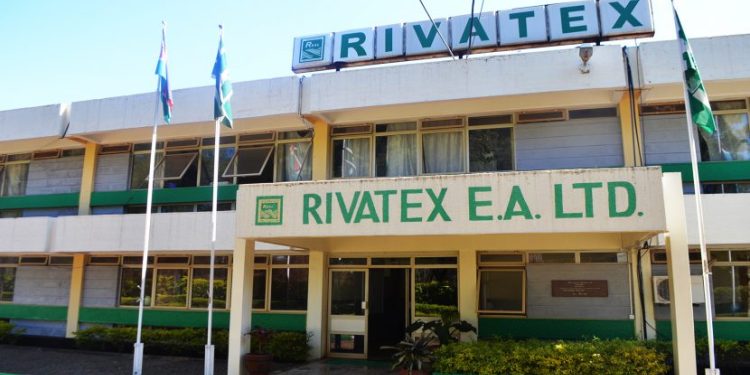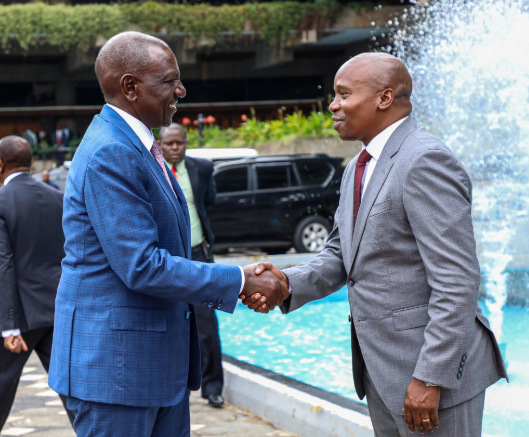MPs stop transfer of Rivatex to Naivasha

Plans by the Ministry of Investments, Trade, and Industry (MITA) to have Rivatex East Africa Ltd (REAL) transferred from Eldoret to Naivasha has been expunged by Parliament, citing possible economic harm to the larger region currently being served by the firm.
The ministry was banking on tapping the United States Agency for International Development (USAID) to finance the transfer. If not for the early setback, MITA was preparing to have a cabinet memo to initiate the relocation of the firm.
Leaving the plan to materialise signaled additional budget that the government would have incurred in supporting the process through the upcoming 2023/24 budget unless it got investors’ support.
The ministry, under Moses Kuria, did not give any justification for this transfer plan in its policy presentation to the Jame Gakuya-led departmental trade committee scrutinising the revised supplementary budget for that ministry.
“We have categorically told them that (Rivatex transfer) cannot happen. That is an industry that had already collapsed and it was revived and the people of that region are already benefiting,” said Marianne Kitany, the committee’s vice chairperson. “Since Rivatex has already invested in the infrastructure, all that we need is the incentivization of the farmers so that the farmers can be able to grow.”
Hurt cotton growers
The committee has instead suggested to the ministry to construct a subsidiary of Rivatex in Naivasha to utilise the cotton being grown in the central region. A transfer of Rivatex would have hurt cotton growers in the larger Rift Valley and some parts of the Western and Nyanza regions.
Other than relocating Rivatex, the ministry is also targeting to have Rivatex specialise in fabric manufacturing, activate all 24 counties to cotton growing and roll out various training programs as some of the key priorities under the textile desk.
The ministry has about four projects touching on the cotton and textile sector that is currently under implementation but have been dealt a blow by the recent budget cuts through the revised mini-budget.
These projects include Karichen and Nyando Apparels and Value Addition Center projects, Cotton Development (Rivatex) Subsidy and Extension Support, and modernisation of Rivatex machinery which is being funded both by the government and foreign donors.
The development budget for the four projects, which totals Sh403.18 million per the FY2022/23 estimates, has been revised downwards to Sh150.5 million in total in the supplementary budget, a massive Sh252.68 million cut.
Kenya is still struggling to revive the once lucrative cotton production, a core linkage to the apparel and textile industry which is currently being threatened by the import of cheap clothes (Mitumba) from China and the UK.









